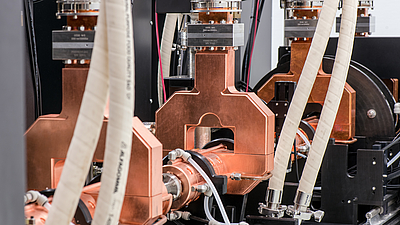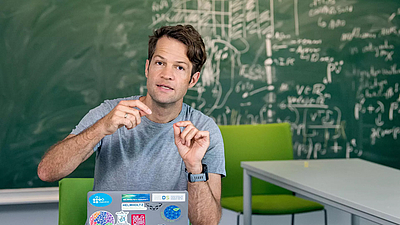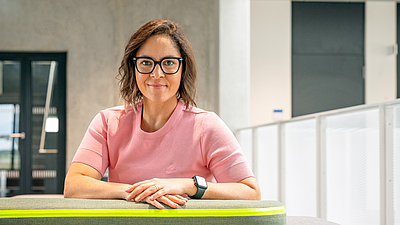
News


New elite master's program
AI in Biomedicine

Strengthening international cooperation
Prof. Franz Pfeiffer receives honorary professorship at Tsinghua University

Direct analysis of urine delivers antibiotic resistance results up to 24 hours earlier
New method accelerates resistance testing in urinary tract infections

Shanghai Subject Rankings
TUM in the top 25 for five subjects, including medical technology

Highly Cited Researchers rankings
17 TUM scientists among the most cited worldwide

New method for the targeted production of specific cells
Nanorobots transform stem cells into bone cells

EXplained: SyNergy with Thomas Misgeld
Systematically towards new therapies

Student Club iGEM
A tattoo as biosensor

International Student Competition SensUs
TUM students at global biosensor contest